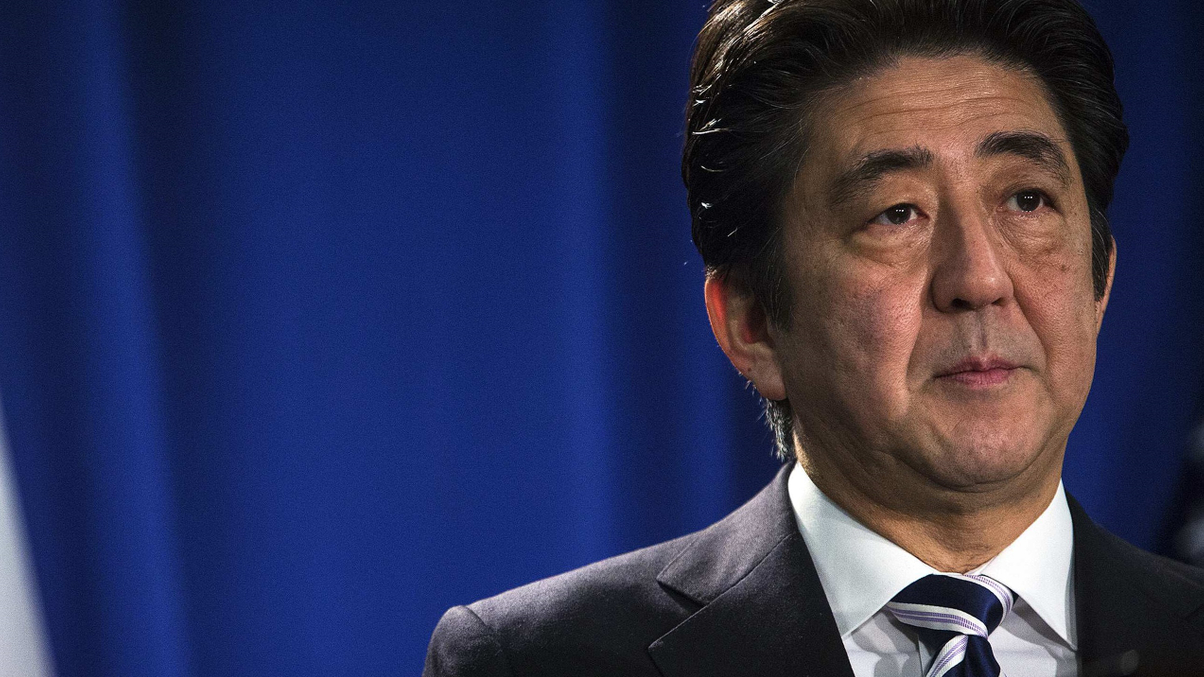Market views: how Abe’s departure impacts Japanese assets
The future of Abenomics, the Japanese prime minister's eponymous policies, have been cast into doubt after his resignation on August 28. What does this mean for local assets?

The sudden resignation of Japan’s longest-serving prime minister, Shinzo Abe, has jolted investors’ confidence in local equities. The benchmark Topix index dropped 1.66% on the day of the announcement last Friday (August 28), and the yen, seen as a safe-haven during volatile times, rose from 106.50 to 105.40 against the US dollar.
Sign in to read on!
Registered users get 2 free articles in 30 days.
Subscribers have full unlimited access to AsianInvestor
Not signed up? New users get 2 free articles per month, plus a 7-day unlimited free trial.
¬ Haymarket Media Limited. All rights reserved.


